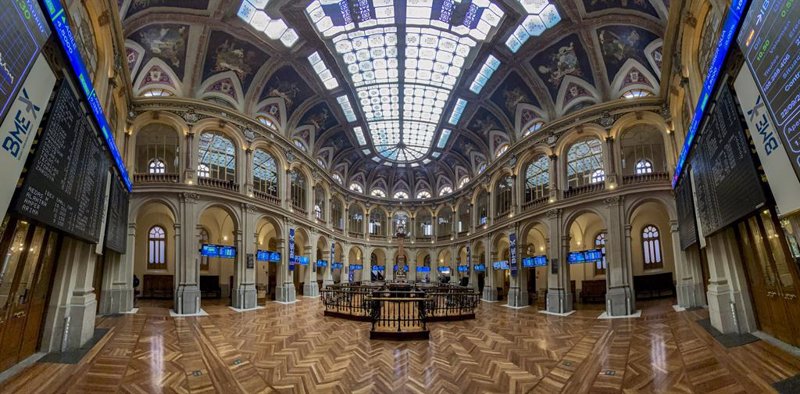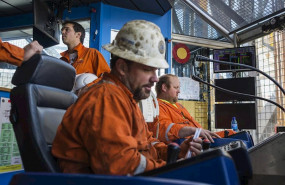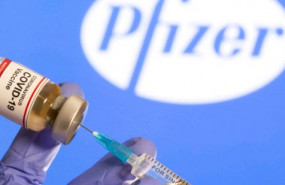
Some analysts already anticipated in November that December will not be a month like last, with very strong increases. Faced with this, they predicted a month of consolidation of levels and much more moderate movements. For now, the first week confirms this impression. In the last four days, the Ibex is practically flat. This Friday it will confirm if it is capable of leaving behind 8,200 in weekly closing prices and if it continues to advance towards the resistance of 8,375 points. At the moment, it rises a slight 0.2% (8,222 points).
- 11.413,100
- -0,47%
"The technical aspect of the Spanish index is still good and everything seems to indicate that we could end up seeing an extension of the increases to the level of 8,375 points, the maximum of the bearish gap that was left in the month of March. The first level of support is it is at 7,835 points ", explain the experts of Bolsamanía.
Vaccines remain in the spotlight, especially after Pfizer announced that it is cutting its planned vaccine dose distribution in half this year. This pharmaceutical company was going to distribute before the end of 2020 about 100 million doses of the vaccine against Covid-19.
The most important reference for this session is the November employment report in the United States. The consensus expects a decline in nonfarm payrolls to 469,000 from 638,000 the previous month and a drop in the unemployment rate to 6.8% from 6.9%.
Investors are already looking to next week, in which the most relevant events are concentrated between Thursday and Friday. On Thursday there will be a meeting of the European Central Bank (ECB), while that day and Friday the summit of the European Union (EU) is held, which will be key to knowing what will happen to the European budget amid the blockade of Hungary and Poland and above all, key to knowing if an agreement on Brexit will be reached before the deadline at the end of the year.
On the other hand, oil is the protagonist this Friday after the OPEC + agreement. It is an agreement that convinces the two opposing parties, the one that wanted to maintain the production cut during the next quarter at 7.7 million, and the one that wanted to increase it. In the end, instead of reducing the production cut to 5.8 million euros, as the large producers had previously agreed, this reduction in pumping will be 7.2 million barrels per day. This means that production will not rise by 1.9 million barrels per day, but only by 500,000. The Brent barrel is trading at this time close to 50 dollars, with increases of 2%.
Noticias relacionadas

El veto francés al Brexit, una maniobra para otra prórroga en 2021 aunque haya acuerdo

El Ibex sigue empeñado en alcanzar los 8.375 puntos

El Brent roza los 50 dólares: la OPEP+ elevará el bombeo en 500.000 barriles


